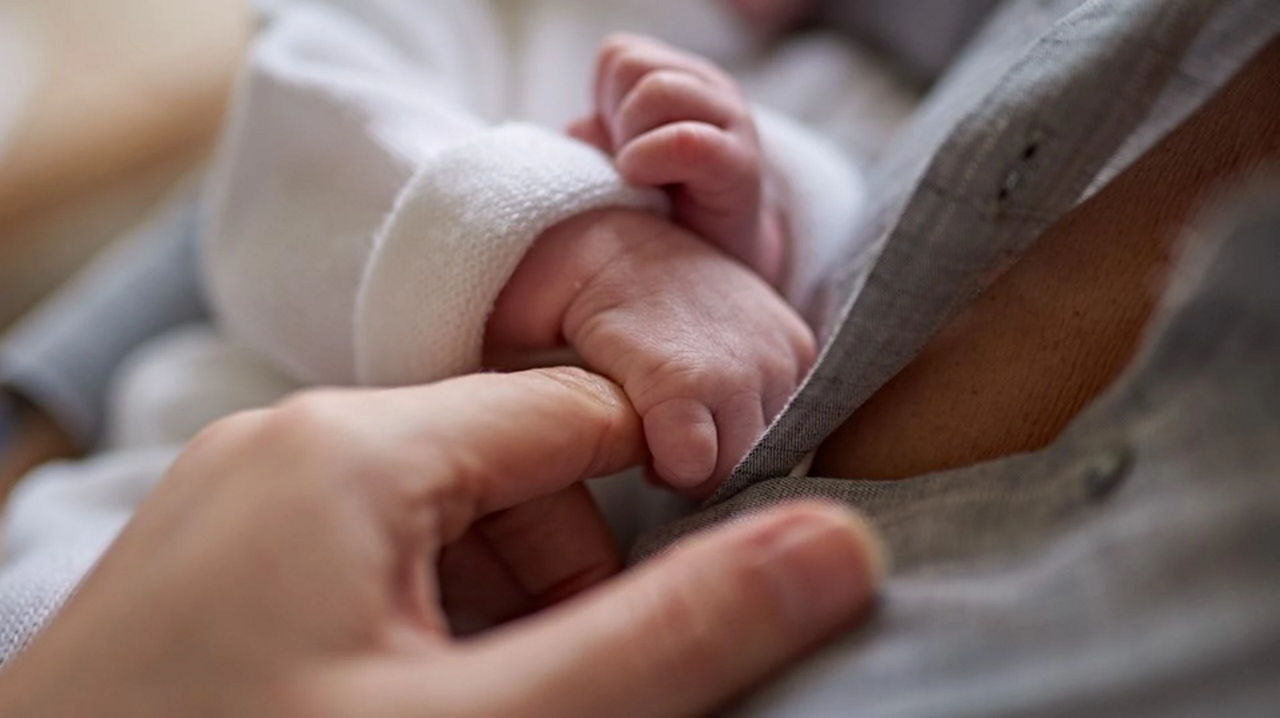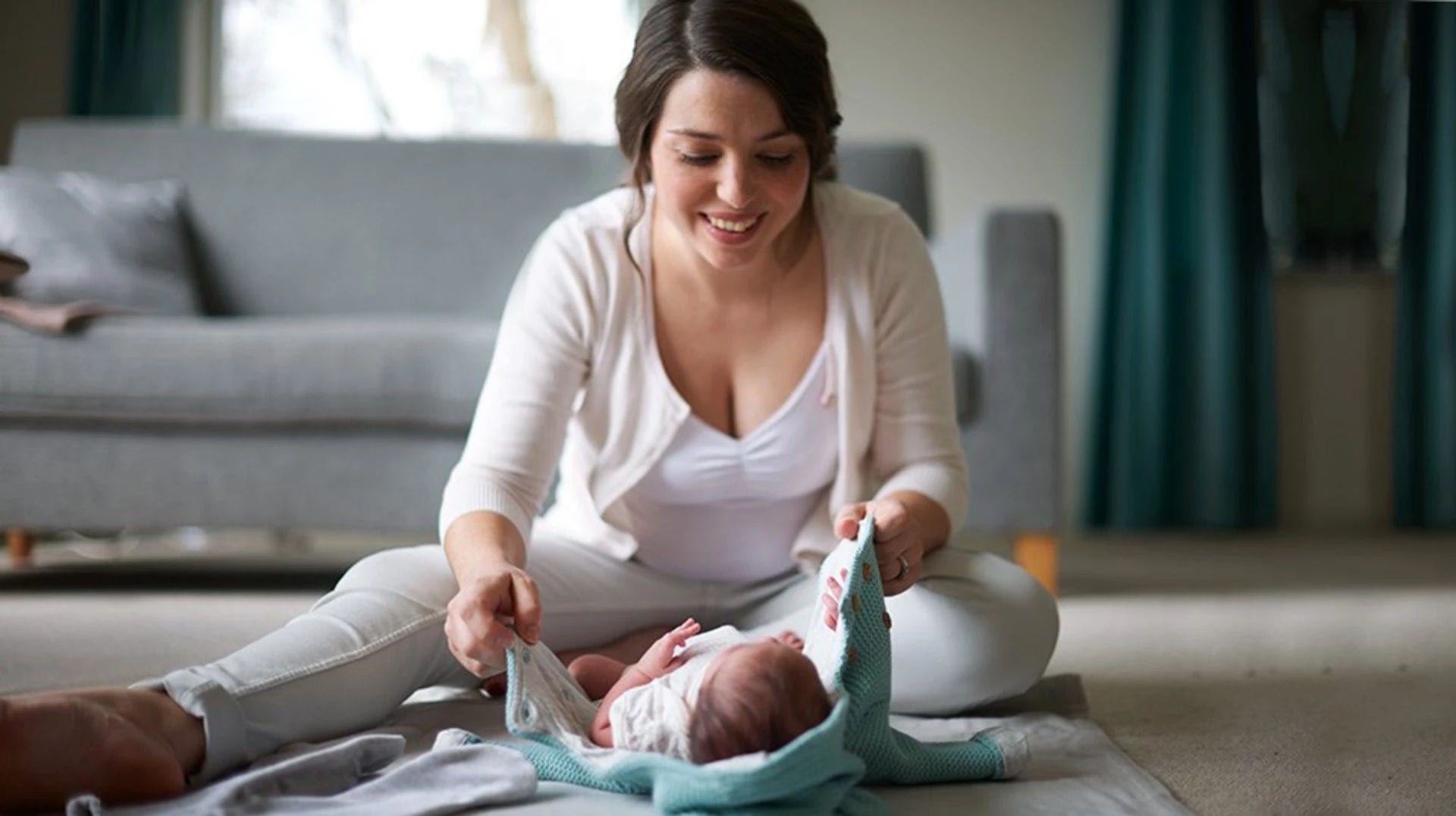Small blessings
Love and support can get you through
Giving birth to a preterm baby can be an emotionally stressful and exhausting time for both parents. As a partner, you may feel helpless and that you should be strong, but both you and your partner will need comfort and support. Try not to put too much pressure on yourself and seek support if you need it.





